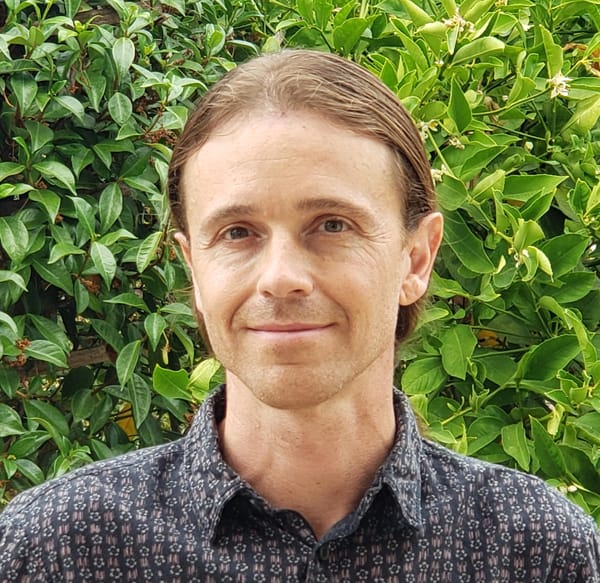VALLEJO – The Vallejo City Council approved $5 million of new sales tax revenue for immediate street repair at its meeting Tuesday and initiated the application process for $120 million in bonds to finance a 10-year citywide road rehabilitation program to address $300 million in deferred maintenance.
City staff initially requested $3.5 million in sales tax revenue from Measure P – a sales tax hike which was approved by voters in 2022 – to make repairs that would start in the fall of this year, including $2 million to resurface residential streets and $500,000 to bring more than 100 curb ramps into compliance with the Americans with Disabilities Act. The remaining $1 million of the staff request is slated to go toward engineering, design and project management costs for the 9-year $120 million citywide road rehabilitation plan.
But the Measure P oversight committee made an additional request for another $1.5 million in funds for immediate street repairs.
The committee earmarked $500,000 of that money for repainting faded or deteriorated street striping and another $1 million to fill and repair potholes across the city, which it highlighted as a danger to pedestrians, cyclists and drivers.
Councilmembers enthusiastically supported the additional funds and voted unanimously to approve the $5 million total Measure P expenditure along with the $120 million bond application. Councilmembers Rozzana Verder-Aliga and Cristina Arriola were absent for the vote.
“I support this 100%,” councilmember Mina Loera-Diaz said. She added that she agreed with the recommendation of the Measure P committee to add the $1.5 million for striping and pot holes.
“The main arteries into the city have potholes sometimes a foot-and-a-half deep and 2 feet wide,” Loera-Diaz said. “The streets are extremely important to attract businesses and keep our [city] safe. We get complaints all the time of vehicles hitting these potholes and getting damage to their cars.”
Measure P is a seven-eights-cent sales tax that was approved by voters in November 2022 and is expected to generate $18 million a year. The city has collected $11 million in Measure P revenue since it took effect in 2023.
According to City Manager Mike Malone, city staff decided that issuing a bond was in the best interest of the city because the roads have degraded to such a degree that pay-as-you-go options would not be sufficient to reverse the decline.
Malone said that the 9-year rehab will bring the streets up to a level where the city could sustainably pay for maintenance on a regular basis.
Jonathan Mitchell of Willdan Engineering, who presented the 9-year road restoration plan, said that although the project is extensive it will not bring all of Vallejo’s roads to perfect condition.
Mitchell pointed out that maintaining roads that are in good condition is much less expensive than restoring roads with significant damage. The staff report estimated that Vallejo streets have over $300 million in deferred maintenance.
Tuesday’s decision by city council only initiated the bond application process; city staff plans to return to the council with a presentation on the financial details of the bond for final approval.
Mayor Robert McConnell said that he has been advocating for repairing the city’s roads since 2011 and that he wants staff to move forward with the bond process as quickly as possible.
“I am sick and tired of not taking care of our roads,” McConnell said. “I commend and applaud the city manager, the staff for bringing this to us for long overdue attention. I think it’s imperative that this council weigh in on this before we have a new council in January of 2025 that won’t understand any of this.”
During public comment, mayoral candidate Andrea Sorce said that she is concerned about the city taking on expensive debt when there are other major projects in the pipeline.
“When we bond for something like road repair, we are going to be committing to a 15 to 30 year repayment of a loan for a nine-year project,” Sorce said. “Which means that after year nine when all the road repair is done, we are still paying $10 million a year for another 15 to 20 years and we don’t have money for road repair.”
Sorce said that if the bonds are in the 5 to 7% interest rate range the city could be paying $50 to $100 million in interest which could go towards other projects. She recommended repairing the streets over a longer time period and paying for the repairs as the project proceeds.
“It’s a much better fit to bond for a police station, you do a 30 year bond and that police station is still in good sturdy condition at the end of the 30 years,” Sorce said.
Before you go...
It’s expensive to produce the kind of high-quality journalism we do at the Vallejo Sun. And we rely on reader support so we can keep publishing.
If you enjoy our regular beat reporting, in-depth investigations, and deep-dive podcast episodes, chip in so we can keep doing this work and bringing you the journalism you rely on.
Click here to become a sustaining member of our newsroom.
THE VALLEJO SUN NEWSLETTER
Investigative reporting, regular updates, events and more
- government
- transportation
- Vallejo
- Vallejo City Council
- Vallejo City Hall
- Measure P
- Robert McConnell
- Mina Loera-Diaz
- Willdan Engineering
- Jonathan Mitchell
- Andrea Sorce

Ryan Geller
Ryan Geller writes about transitions in food, health, housing, environment, and agriculture. He covers City Hall for the Vallejo Sun.
follow me :




